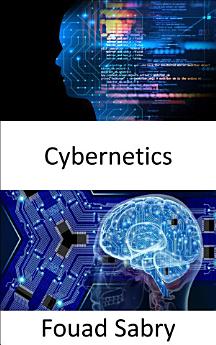Cybernetics: Fundamentals and Applications
この電子書籍について
The study of cybernetics encompasses a wide range of topics and is primarily concerned with cyclical causal processes like feedback. Norbert Wiener gave the field its name after an example of circular causal feedback: the process of steering a ship, in which the helmsman adjusts the ship's steering in reaction to the effect it is perceived as having. This enables the ship to maintain a constant course despite disruptions such as crosswinds or the tide.
How You Will Benefit
(I) Insights, and validations about the following topics:
Chapter 1: Cybernetics
Chapter 2: Systems theory
Chapter 3: Norbert Wiener
Chapter 4: Heinz von Foerster
Chapter 5: Self-organization
Chapter 6: W. Ross Ashby
Chapter 7: Second-order cybernetics
Chapter 8: Sociocybernetics
Chapter 9: Biocybernetics
Chapter 10: Macy conferences
(II) Answering the public top questions about cybernetics.
(III) Real world examples for the usage of cybernetics in many fields.
(IV) 17 appendices to explain, briefly, 266 emerging technologies in each industry to have 360-degree full understanding of cybernetics' technologies.
Who This Book Is For
Professionals, undergraduate and graduate students, enthusiasts, hobbyists, and those who want to go beyond basic knowledge or information for any kind of cybernetics.











